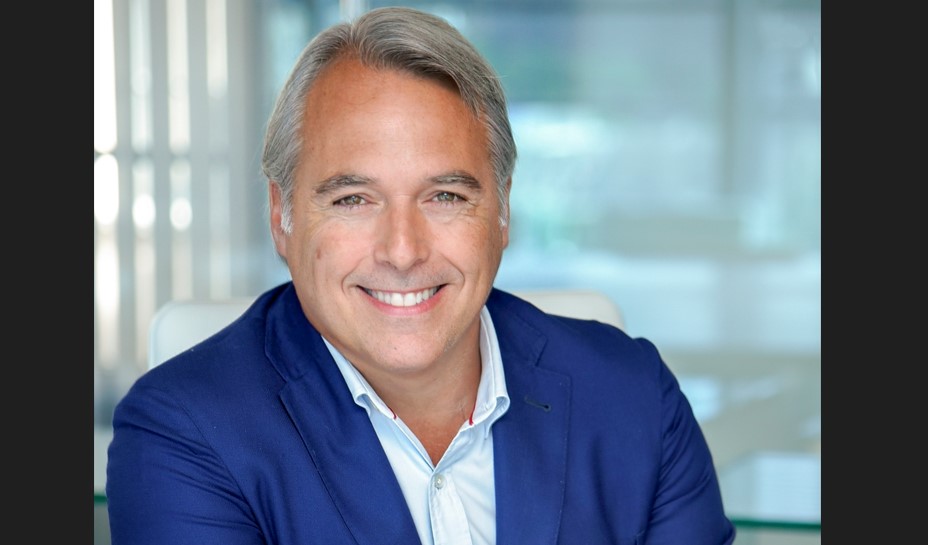North American managers plan to create European funds and use the passport to attract investments in Europe ahead of reverse solicitation and National Private Placement Regimes (NPPR), according to a new study by Ocorian. The study surveyed executives in venture capital, private debt, real estate, private equity, and infrastructure fund management in the US and Canada, responsible for $1.591 trillion in assets under management.
The latest survey reveals that 41% chose the passport for future fundraising in Europe, compared to 25% who selected NPPR and the same percentage who opted for reverse solicitation as their preferred methods for fundraising in the study of passports, reverse solicitation, and NPPR.
The study shows that 61% will use placement agents to raise capital in Europe over the next 18 months, nearly half (49%) will also use direct sales teams, and 47% will rely on third-party distributors. Around 28% will use private banks. Approximately 63% have used reverse solicitation in the past to raise funds in Europe, while 40% have turned to the passport and 36% to NPPR, with one in eight (12%) using all three methods.
When asked what makes the passport more attractive, 56% chose market perception and the ability to reach more investors in more countries among their top three reasons, while 44% rated efficiency as a key attribute. The same question about NPPR found that 70% cited cost-effectiveness and 64% flexibility as the two main reasons for using it, while 69% said the amount of capital they have raised from European investors through reverse solicitation has increased over the past two years.
The research found that 82% of North American fund managers are likely to increase pre-marketing activity in Europe over the next two years, with 73% saying it is much or more attractive to pre-market in Europe due to the lower initial investment before fully establishing. However, the study found varying levels of understanding regarding the pre-marketing changes implemented in Europe in June 2021, which included specific changes to the cross-border distribution of collective investment funds under the AIFMD and UCITS Directives in the EU. Only 38% said they understood them very well, while 58% said they understood the changes fairly well.
“There is a strong appetite among North American fund managers to raise capital in Europe and a growing debate about the best methods to do so. At Ocorian, we have supported several managers seeking to test European appetite for their strategy and proposed product through pre-marketing. It is a cost-effective way to decide whether to launch an EU-authorized AIF and use its passport to conduct distribution activities across the region. We only see demand for this service increasing as North American managers conclude that the passport is the most attractive distribution method for the future,” notes Paul Spendiff, Head of Business Development and Fund Services at Ocorian, in light of these findings.



